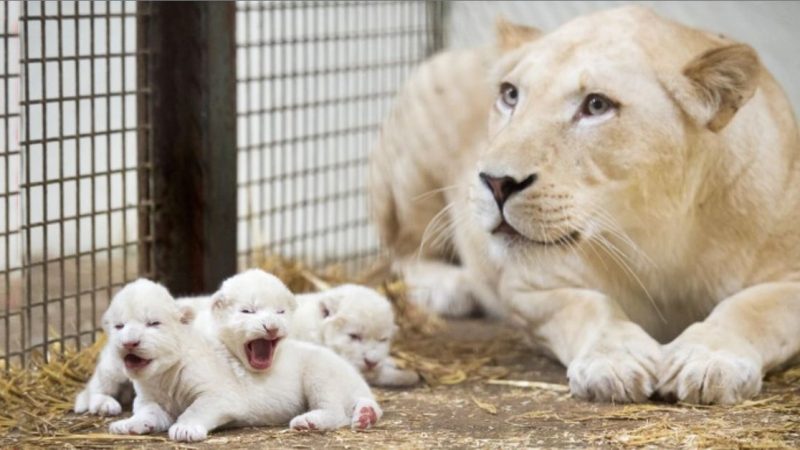Joby has returned its second pre-production EVTOL prototype to its test flight program after an internal safety review Joby Aviation
During its hiatus, the business claims to have kept making work on a number of thorny aspects of the FAA certification process.
After the first pre-production prototype was allegedly destroyed in an unmanned crash, Joby voluntarily halted test flights with the second, but its internal safety review board has granted the go-ahead to continue testing. Flight tracker data indicates that the incident occurred outside of the flight envelope of the aircraft, but the business is withholding any additional information until the FAA and NTSB investigations are finished.
While this is going on, the second aircraft has completed 38 trips with a maximum speed of 90 mph. Didier Papadopoulos, Head of Programs and Systems at Joby, stated, “We’re pleased to be back in the air with our second pre-production prototype aircraft, building on the amazing flight test achievements our team has accomplished to date. We flew more than 5,300 miles in a single year, producing 65 gigabytes of flight test data and proving the aircraft’s 154.6-mile range on a single charge.
Notwithstanding the testing break, Joby kept up its aggressive pursuit of several FAA certifications and made several announcements in this regard. First off, the business has completed stage 4 of 5 in obtaining its Part 135 Air Carrier certificate, which requires a mammoth amount of paperwork, procedures, training, and operations manuals. Once completed, Joby will be able to run its own air taxi service, which is slated to launch in 2024. By the year’s end, it hopes to get this certificate.
Second, it declared that its first Systems Review and Compliance review had been completed and approved. The FAA is approving Joby’s engineering and development methods, stating that they meet aerospace standards, are producing all the necessary data for the type certification process, and are putting the company in a good position to design and produce authorized aircraft.
Finally, the business revealed what it claims is the first “area-specific certification plan” for the eVTOL market in terms of aircraft type certification. While the S4 eVTOL aircraft’s full FAA certification requirements are still only around 70% complete, Joby has chosen to essentially break the type certification up into smaller chunks, proving its conformity with the criteria that are already available to shorten the overall duration. As a result, it has already filed a certification plan for its first category, “cabin safety, comprising the integrity of materials, seats, and occupant restraints utilized in the interior of the aircraft,” and will do so again in the following weeks.
The business announced in its shareholder letter for Q4 2021 that it now employs more than 1,000 people, including 100 certification specialists. Joby anticipates that its first “production-intent” aircraft will take flight by the end of 2022. It is currently being constructed in a pilot manufacturing plant in Marina, California, using automated fiber placement robots and additive manufacturing techniques. With an impressive $1.3 billion war chest at the beginning of 2022, the corporation anticipates spending between US$340 and US$360 million on “operating activities and purchases of property and equipment” in that year.
Hits: 34









